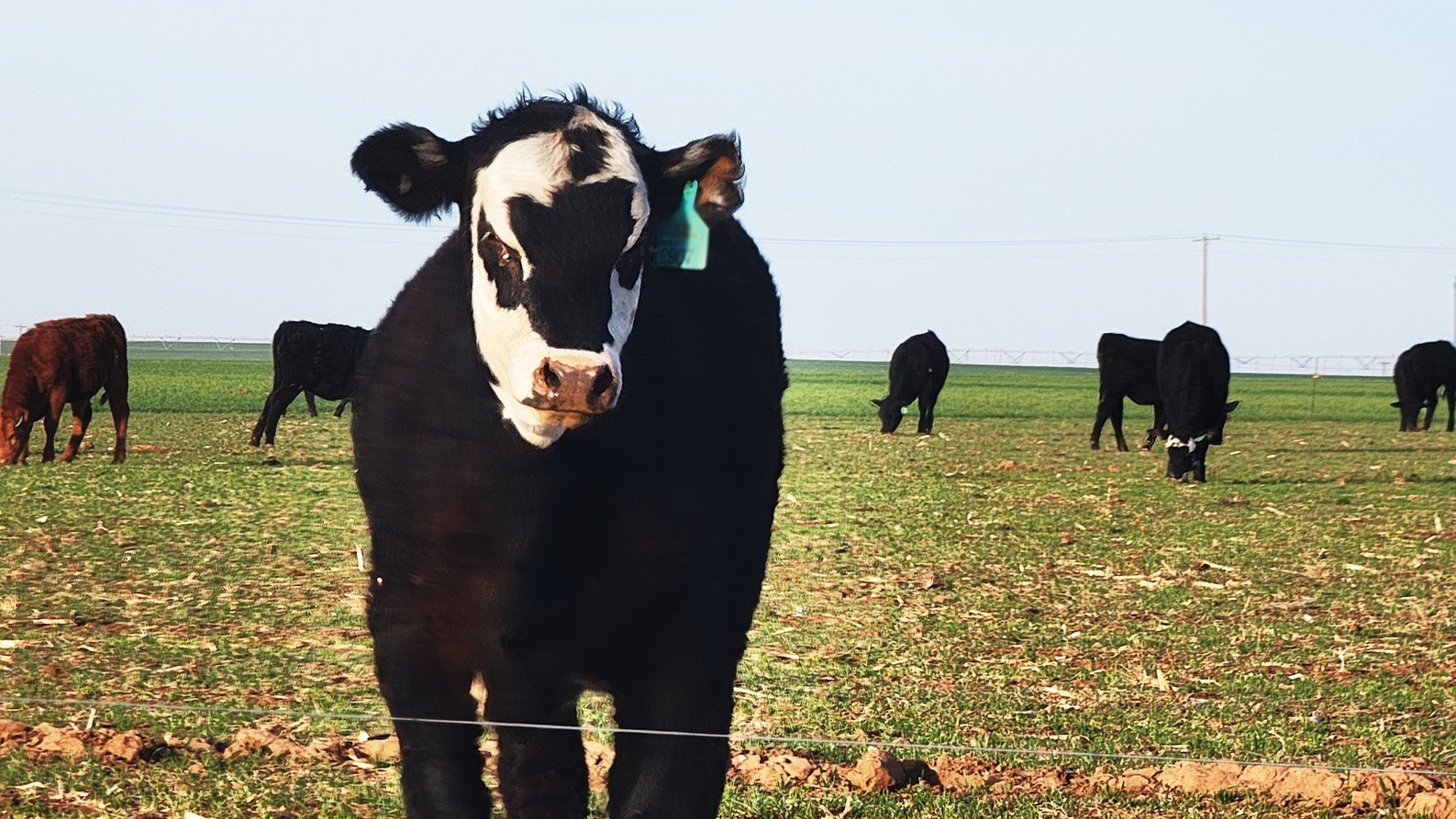
Management
Pasture Management
Rotational Grazing is a method of management where livestock are move between pastures to prevent the buildup of larvae in any one area. This helps reduce exposure to infective larvae.
Resting pastures is another method that allow pastures to rest for a period, which can help reduce the survival of larvae in the environment.
Hygiene and Sanitation
manure management is where manure is regularly removed and properly dispose of to decrease the contamination of pastures with eggs.
Fencing of wet areas denies animals access to muddy areas where larvae thrive.
Anthelmintic Use
Use effective dewormers (anthelmintics) based on FEC results to treat infected animals. Rotate classes and types of dewormers to prevent resistance to the drug.
Administering dewormers at strategic times (e.g., before and after the grazing season) to maximize effectiveness.
Nutrition and Health Management
Provide a balanced diet to support the immune system of cattle, making them less susceptible to infections. Conducting routine health assessments can help identify and address infections early.
Genetic Selection
Consider breeding programs that select for cattle with natural resistance to H. placei.
Integrating these methods can aid in creating a comprehensive management plan that reduces reliance on any single approach.


